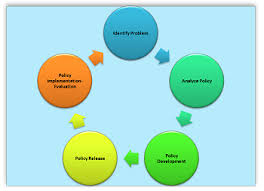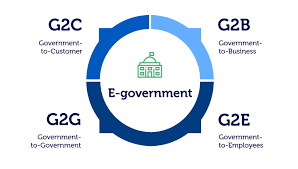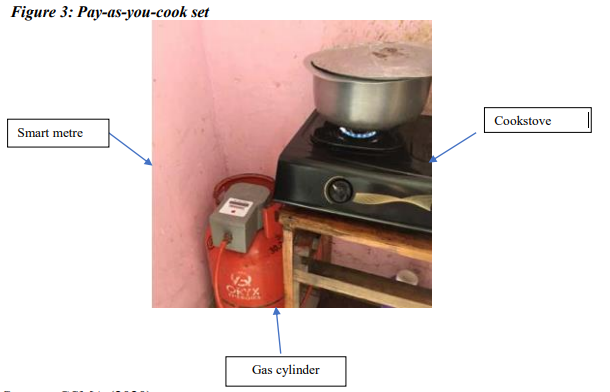Multi-criteria Analysis of the Sustainable Energy Transition Pathways in Sub-Saharan Africa
Power Sector Investment Policy Dimensions in Tanzania
Downloads
Energy is central to socio-economic development. The use of fossil fuels dominates the global energy sector that supports the economy. With increased advocacy to address climate change impacts, the global South struggles to strike a balance between fast-tracking economic growth through investing in fossil fuels, a low-cost and versatile energy source, and the so-called clean but intermittent and hard-to-dispatch sources like solar and wind. Dependence on imported fuels to support economic activities has subjected sub-Saharan Africa to fall prey to global fuel price volatility, affecting local economies. This study explores how countries in Sub-Saharan Africa can navigate this energy trilemma by designing and developing policies that consider the essential sustainability pillars, including the environment, economy, and social aspects. The study found that global dynamics have forced countries to resort to a pathway that guarantees the security of supply; the move towards renewable energy is central to global discussions in a sustainable future. At the same time, countries across the globe are hesitant to completely phase out the use of fossil fuels due to the essential attributes that need to be added to renewable energy. Sub-Saharan Africa prioritises achieving universal access to energy and securing the security of supply with low cost of services. Increasingly, countries find that dealing with energy security requires addressing climate change concerns. The study provides practical recommendations for policy directions, including undertaking strategic reforms, creating task forces, investing in research, building local capacity, and forging strategic partnerships.












